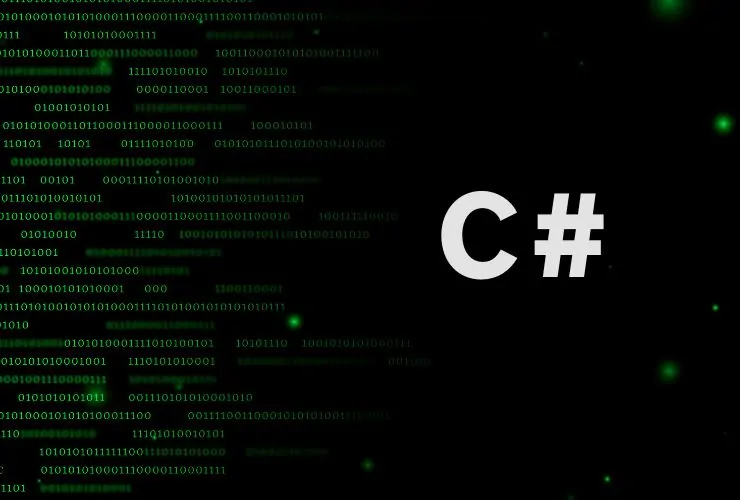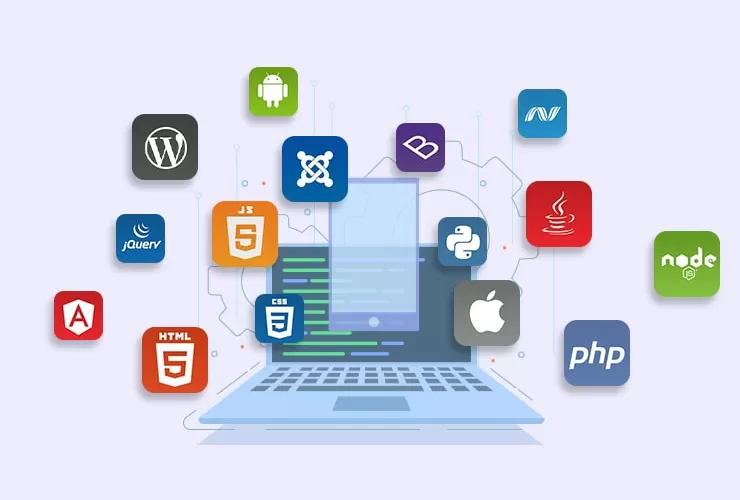Amongst the most trusted and widely used technologies are PHP and MySQL. Together, they form a powerful combination in building dynamic, database-driven websites. PHP is known to be a server-side scripting language that is flexible in use and easy to work with. MySQL is a robust relational database management system that stores and retrieves data efficiently. This blog goes about exploring why PHP and MySQL make a perfect pair and how they are effective at powering modern websites.
Why PHP and MySQL Work So Well Together
Seamless Integration
PHP and MySQL were meant to work together without glitches. PHP has its set of built-in functions, connecting a person to MySQL and facilitating quick queries and data manipulation.
Dynamic Content Creation
With PHP and MySQL, the sites can fetch, present, and update content dynamically, making possible such functionalities as user login functionality, content management systems, and e-commerce platforms.
Economically Friendly
Because PHP & MySQL are both free source code, they will surely suit start-ups, small businesses, or software developers that are keen to avoid using expensive solutions.
PHP & MySQL run on most platforms; you can test them using Windows, Linux, or even macOS. This ensures applications developed based on them can run virtually on any given server.
Scalability
Scalability is vital to building something small in your room such as your personal blog up to big ecommerce sites such as those using PHP and MySQL.
Common Use Cases for PHP and MySQL
- Content Management Systems (CMS): Applications such as WordPress uses PHP & MySQL to create and serve content.
- ECommerce Websites: PHP & MySQL manage and maintain inventories, process orders and customer information.
- User Management Systems: User register, login, and profile management is run by this combination
- Forums and Social Networks: Sites where people’s participation of conversations and content sharing happen are usually powered by the backend of PHP & MySQL.
Best Practices for Using PHP and MySQL Together
Use Prepared Statements
Prepared statements in MySQL prevent SQL injection attacks, ensuring secure database interactions.
Optimize Database Queries
Write efficient queries to reduce server load and improve performance. Use indexing for faster data retrieval.
Implement Error Handling
Proper error handling in PHP ensures that database connection or query issues don’t break your website.
Regular Backups
Always back up your MySQL database to avoid losing data resulting from errors or security breach.
Keep Software Updated
This is updating PHP and MySQL to the latest versions and enjoy new features and security patches.
Conclusion
PHP & MySQL have truly stood the test of time as reliable technologies for building dynamic, database-driven websites. Their simplicity in use, integration, and robust features make them one of the most commercially favorable solutions for developers and businesses to help you create scalable, secure, and user-friendly websites.














